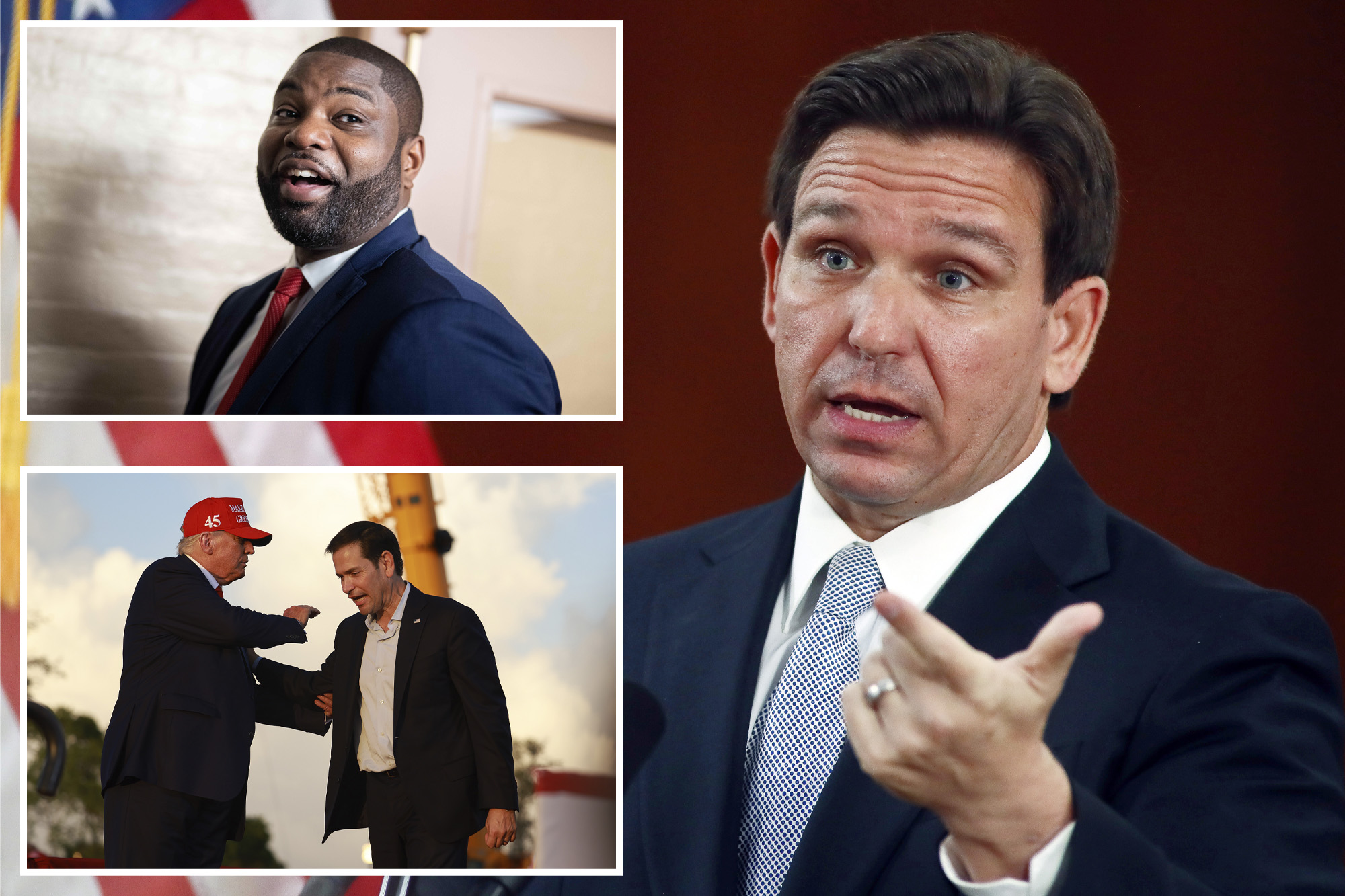
An obscure clause in the Constitution could knock several candidates out of the public veepstakes for former President Trump’s 2024 running mate.
The 12th amendment, adopted in 1803, bars electoral college voters from casting ballots for president and vice president from their home state.
The idea was originally intended to dilute the power of large states and foster national unity, according to the Poynter Institute — in modern times, however, it’s become more of a nuisance.
Several potential Trump vice presidential picks live in the Sunshine State — as does Trump, who relocated to Florida from New York in 2019.
The now-problematic veep list includes Sen. Marco Rubio, Rep. Byron Donalds and Gov. Ron DeSantis.
“Marco has this residency problem,” is how Trump has taken to describing it with respect to Rubio, according to The Bulwark. The Florida lawmaker has been rising in Trump’s eyes as a possible second-in-command.
Rubio allies have floated the idea he could move outside the state temporarily for the election while continuing to serve as senator — though such a move would likely prompt a legal challenge. Rubio has said he would be “honored” to take the veep job, if offered.
Donalds is also on Trump’s shortlist, the GOP contender said in February. Though he’s only been in Congress since 2021, Donalds has won favor in Trump-land for being a relentless advocate on television. Donalds himself told The Post he hasn’t thought about the 12th amendment and “we can cross that bridge when we come to it.”
Renewed buzz came this week to Florida Gov. Ron DeSantis, Trump’s one-time rival for the GOP nomination. The pair met in Florida this week where DeSantis reportedly promised his “full and enthusiastic support.” DeSantis has insisted he’s not interested in the veep job, but his supporters have still been dreaming.
Both Donalds and DeSantis would also likely need to relocate from Florida — and surrender their current offices — to avoid the 12th amendment trap.
The issue spooked former Vice President Dick Cheney enough in 2000 to move his residence from Texas back to his former home state of Wyoming. A federal court ultimately had to confirm Cheney’s eligibility to serve.
“The common rationale is to avoid the concentration of such power in any single state,” Jonathan Turley, a professor at George Washington University school of law. “Sen. Rubio does not have a viable Cheney option. Cheney had strong contacts with Wyoming after representing the district in that state in Congress. While he resided in various states, it was likely enough to satisfy the letter of the habitation clause.”
Trump could also avoid the issue entirely if he moved his residency back to New York — though such an accommodation for a potential second-in-command is viewed as unlikely.
“It’s legally and politically complicated,” said one Trump insider. “You could get around it if you wanted to, but Trump is not going to move.”














